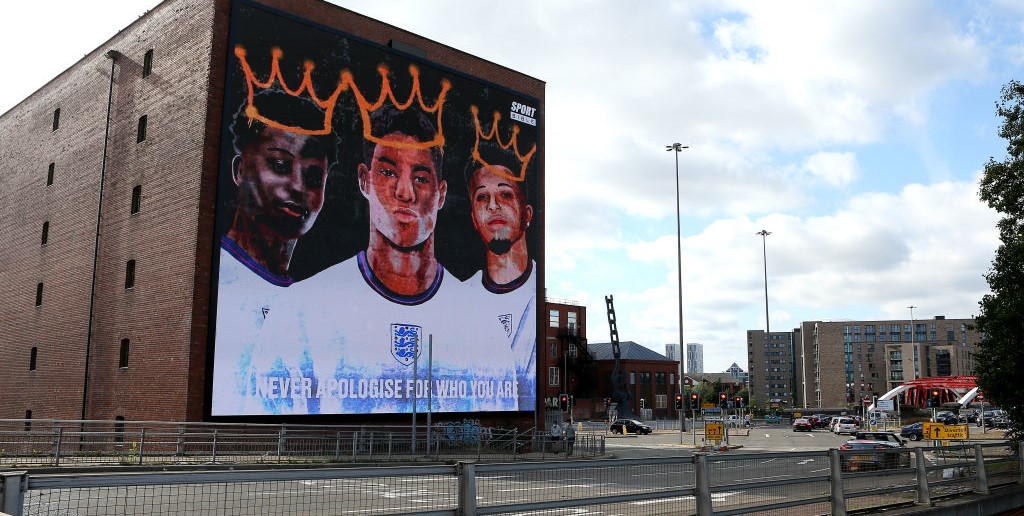Making the change
This week we look at the work of Show Racism the Red Card (SRtRC) together with Unite in fighting racism. Today we start with how it all began.
At Newcastle’s St James Park in 1995 it was still common to hear â€monkey’ chants directed towards black players, as it was at many other football clubs across the country.
Local supporter Ged Grebby (pictured), along with other anti-racism and trade union campaigners, had been working for years to stem the vile abuse aimed not just at black football players but at people from ethnic minorities in all walks of life.
That year Ged had helped create and distribute an education pack on Newcastle’s black history to combat local prejudices. It was sent to a range of people but a single reply from a black goal keeper changed a small initiative into one of the UK’s biggest and most successful anti-racism campaigns – Show Racism the Red Card.
Next year Show Racism the Red Card will celebrate its 20th anniversary. Much has changed since then, including the pernicious avenues that racism travels in society, but the letter which helped get the ball rolling still hangs in Ged’s busy North Shields office.
“It was a bit of luck really. Shaka Hislop, Newcastle’s goal keeper sent that letter back. He said he wanted to get involved and included a cheque for ÂŁ50. He thought it was something regular, which it wasn’t.
“But what made the difference was that he came into the schools with us and he brought other players with him as well,” Ged explained.
Show Racism the Red Card exploded onto the scene. The campaign’s first school visit to Westgate Community College was an unmitigated success.
The second, to Gosforth High School, made national news after Newcastle star striker Les Ferdinand attended.
Something powerful
“They had to abandon all classes. The school came to a close. The police were called in because they couldn’t get the players to their cars. It was pandemonium. There was national TV coverage. It was clear we had something powerful,” Ged said.
It soon became clear that to harness the appeal of the footballers in a controllable manner it would be better to deliver their message on video.
The first film came out in 1996 and featured 17 footballers. The second film was released in 1997, the European Year Against Racism, and was translated into seven languages for distribution across the continent.
Over the years that have followed, Show Racism the Red Card has turned into the UK’s biggest anti-racism charity producing videos and education packs, holding competitions and high profile events for young people and lobbying parliament.
In schools and communities across the country the charity’s education officers are working to dispel racism and prejudice.
“There’s been tremendous progress in terms of that overt in your face abuse that was evident on the terraces, although there are still problems. But the world situation has changed – and so has racism,” said Ged.
“After 9/11 Muslim people began to be targeted and we’re seeing now that it’s not just Islam – hostility towards immigrants is back in a massive way.”
With support from Unite, Show Racism the Red Card is now working on new challenges to educate against racism in all its forms.
Tomorrow we meet some footballers who explain why the fight against racism isn’t over.
- Pic by Mark Pinder
 Like
Like Follow
Follow


